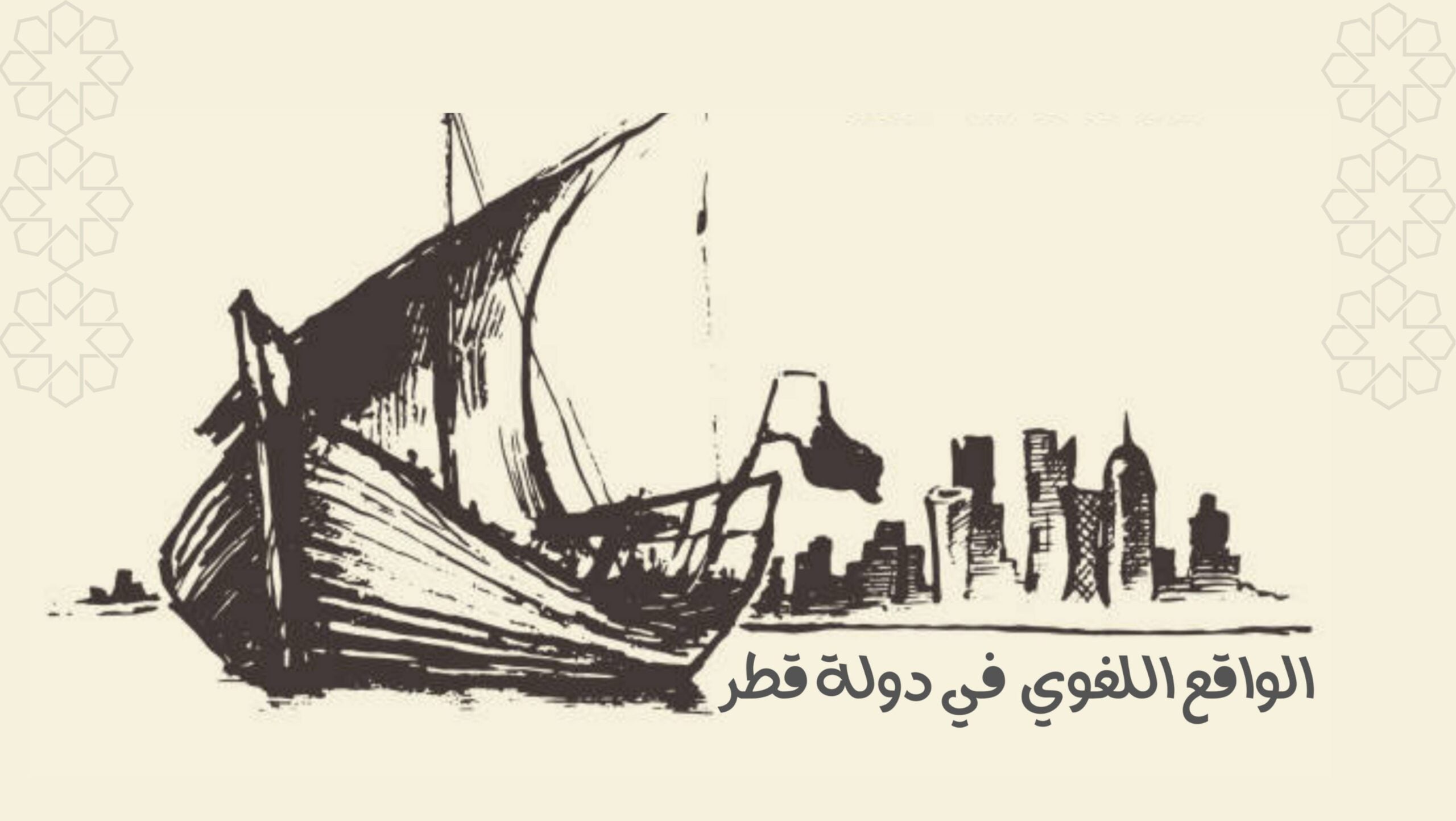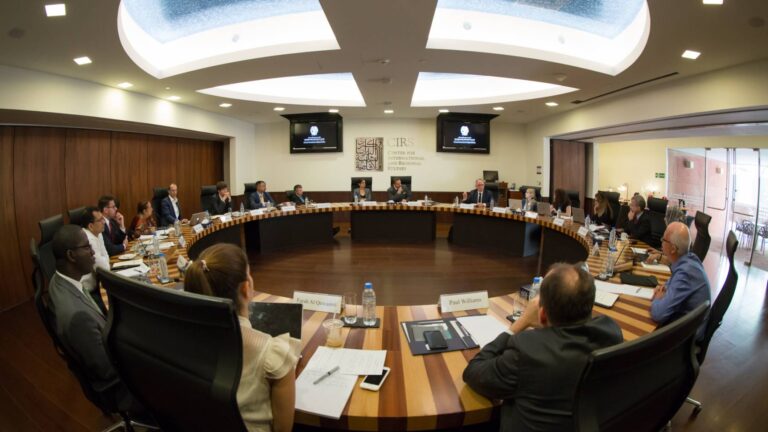Narratives of Language Landscapes in Qatar

Background and Scope
The Center for International and Regional Studies (CIRS) at Georgetown University Qatar has launched a new research initiative titled Narratives of Language Landscapes in Qatar. Under the intellectual guidance of GUQ faculty member Professor Yehia A. Mohamed, this project employs a multi-disciplinary approach to examine the lived realities of language use, language identity formation, and intercultural communication in Qatar. The initiative adopts a broad approach to identify different gaps in the literature on aspects of language use and identity, studying both Arabic and other major languages used by Qatar’s multiethnic community. In addition to in-depth exploration and discussion of existing scholarship, scholars will be using ethnographic approaches to provide new and original empirically based insights. The goal of the project is to address gaps in the scholarship and contribute new knowledge to our understanding of the sociolinguistic conditions in Qatar.
To commence work on the project, CIRS organized workshops, on two main themes; language landscape and the sociolinguistic narratives in Qatar. Regional and international scholars and experts will be invited for closed-door focused discussions. The goal of the discussions will be to foster constructive dialogues, generate new ideas, identify gaps in the literature and propose research questions. Some of the key topics discussed during the workshops include: mapping the scholarship on Qatari Arabic and the language situation in Qatar, the history and typology of Qatari Arabic, ethnography and language profile, intercultural communication in Qatar, language change, language and ideology, impact of workers, and society and language planning and policies, among others.
Audio and visual content from the workshops, as well as a project report of the discussions, will be published on CIRS website. The longer-term goal of the project will be to develop an extensive analysis of the topic. After the initial discussions scholars are invited to submit written contributions on some of the key research gaps identified during the workshops. These contributions will be developed into book chapters, which will be collectively published by CIRS as an edited volume.

Faculty Lead
Yehia A. Mohamed
Associate Professor at GU-Q
